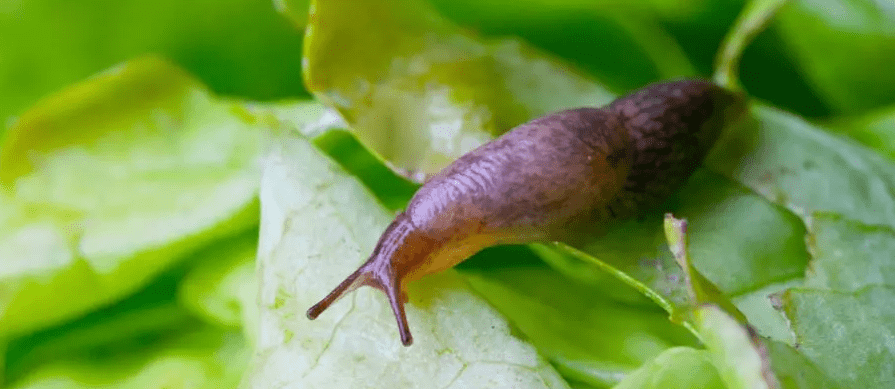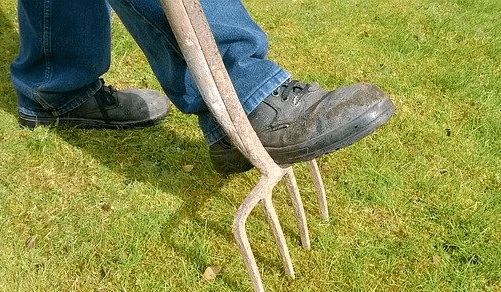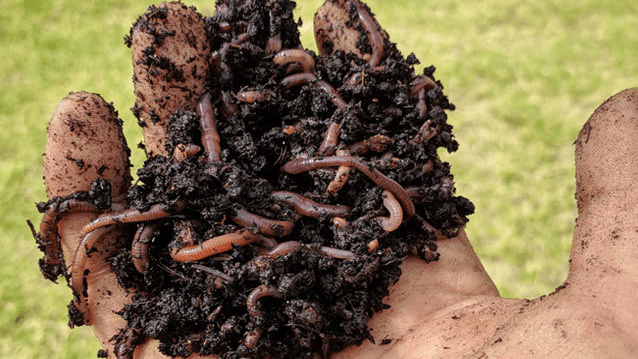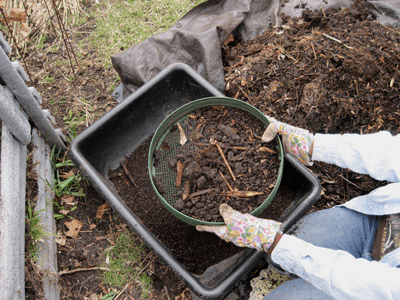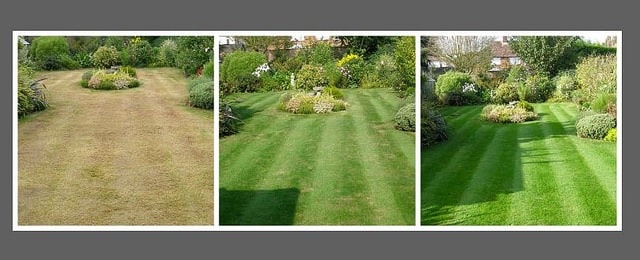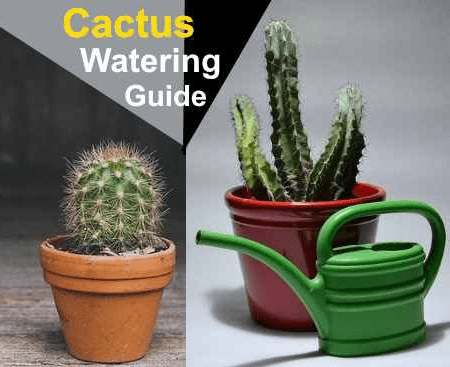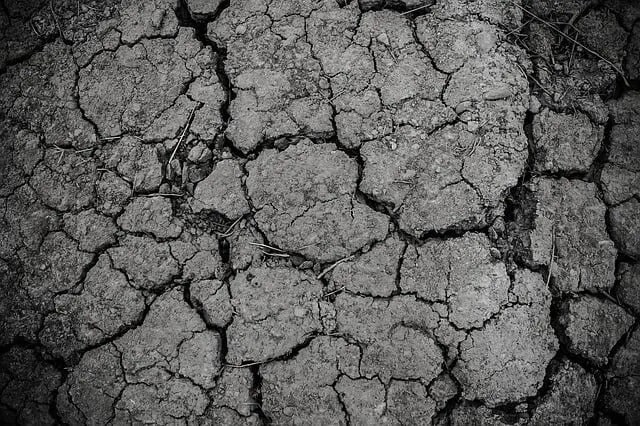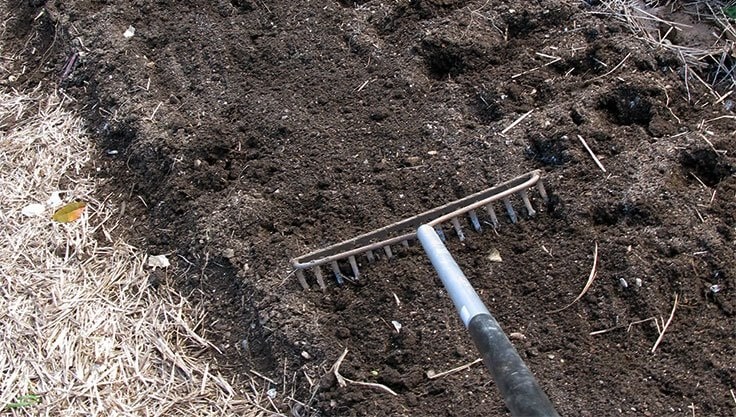The Nordmann Fir (Abies nordmanniana) is widely regarded as a good tree for various purposes, and its popularity is attributed to several positive characteristics.
1. Aesthetics: Nordmann Firs are known for their attractive appearance. They have glossy, dark green needles with a soft texture, and their symmetrical shape makes them a popular choice as a Christmas tree and for landscaping.
2. Needle Retention: One notable feature of Nordmann Firs, especially when used as Christmas trees, is their excellent needle retention. They tend to hold onto their needles well, even when indoors, making them a preferred choice for those seeking a long-lasting and low-maintenance holiday tree.
3. Soft Needles: The needles of Nordmann Firs are soft and not prickly, which is a desirable trait for both ornamental use and as a Christmas tree. This characteristic makes them more user-friendly, particularly for families with children.
4. Cold Hardy: Nordmann Firs are cold-hardy trees, well-suited for planting in colder climates. They can withstand winter conditions, making them a reliable choice for outdoor landscaping.
5. Low Allergenicity: Compared to some other Christmas tree varieties, Nordmann Firs are considered to be low in allergens. This can be an important factor for individuals with allergies or sensitivities.
While Nordmann Firs have these positive attributes, it’s essential to consider factors such as local climate, available space, and care requirements when choosing any tree for planting or ornamental use. Overall, the Nordmann Fir is valued for its combination of aesthetic appeal, durability, and user-friendly characteristics.
Contents
Is Nordmann Fir a good Christmas tree?
Yes, the Nordmann Fir is widely considered to be an excellent Christmas tree. It is favored for several reasons:
1. Aesthetics: Nordmann Firs have a symmetrical and attractive shape with glossy, dark green needles. They provide a classic and elegant appearance, making them a popular choice for Christmas decorations.
2. Needle Retention: One of the key advantages of Nordmann Firs as Christmas trees is their exceptional needle retention. They tend to hold onto their needles well, even in indoor environments, reducing the mess associated with shedding needles.
3. Soft Needles: The needles of the Nordmann Fir are soft to the touch, making them more user-friendly, especially for families with children. This characteristic sets them apart from some other Christmas tree varieties with prickly needles.
4. Low Allergenicity: Nordmann Firs are known to be low in allergens, making them a suitable option for individuals with allergies or sensitivities.
5. Fresh Fragrance: While Nordmann Firs may not have as strong a fragrance as some other Christmas tree varieties, they still emit a pleasant, mild scent that contributes to the festive atmosphere.
When selecting a Christmas tree, personal preferences, such as size, shape, and needle characteristics, play a role. However, the Nordmann Fir’s combination of visual appeal, needle retention, and user-friendly features makes it a popular and well-regarded choice for holiday celebrations.
Is Nordmann Fir an evergreen?
Yes, the Nordmann Fir (Abies nordmanniana) is an evergreen tree. As with all evergreens, Nordmann Firs retain their foliage throughout the year, including during the winter season. The needles of the Nordmann Fir are dark green, and the tree maintains its greenery even in colder months, providing year-round visual interest. This evergreen characteristic makes Nordmann Firs a popular choice for landscaping and as Christmas trees, as they offer a consistent and attractive appearance regardless of the season.
Does a Nordmann Fir smell?
While Nordmann Firs (Abies nordmanniana) are a popular choice for Christmas trees and landscaping due to their attractive appearance and needle retention, they are not known for having a strong or distinctive fragrance. Compared to some other Christmas tree varieties, such as Douglas Firs or Fraser Firs, Nordmann Firs generally have a milder scent.
The scent of Nordmann Firs is often described as fresh and mild, making them a suitable option for those who prefer a more subtle fragrance in their living spaces. While the lack of a strong aroma may be a consideration for individuals who enjoy the traditional, strong scent of some other evergreens, many people appreciate Nordmann Firs for their aesthetic appeal and the fact that they contribute to the holiday atmosphere without overwhelming fragrances.
What are the pros and cons of Nordmann Fir?
Pros of Nordmann Fir:
- Attractive Appearance: Nordmann Firs have a symmetrical and attractive shape with glossy, dark green needles, making them visually appealing for landscaping and as Christmas trees.
- Needle Retention: Nordmann Firs are known for excellent needle retention, reducing the mess associated with shedding needles, especially when used as Christmas trees.
- Soft Needles: The needles of Nordmann Firs are soft to the touch, making them more user-friendly, particularly for families with children.
- Low Allergenicity: Compared to some other Christmas tree varieties, Nordmann Firs are considered low in allergens, making them a suitable option for individuals with allergies or sensitivities.
- Cold Hardy: Nordmann Firs are cold-hardy trees, well-suited for planting in colder climates.
Cons of Nordmann Fir:
- Limited Fragrance: Nordmann Firs are not known for a strong or distinctive fragrance, which may be a con for those who prefer a more aromatic Christmas tree.
- Slower Growth: Nordmann Firs typically have a slower growth rate compared to some other evergreen species, which may affect their availability as larger trees for landscaping.
- Cost: Nordmann Firs are often priced higher than some other Christmas tree varieties, which could be a consideration for those on a budget.
- Specific Soil Requirements: They prefer well-drained soil, and improper soil conditions can impact their health.
- Space Considerations: In their natural habitat, Nordmann Firs can grow quite large, so adequate space is needed for them to reach their full potential. This may be a limitation for smaller gardens or indoor spaces.
Ultimately, the suitability of Nordmann Firs depends on individual preferences, specific use cases, and environmental factors in the planting or landscaping location.
Are Nordmann Fir trees poisonous to dogs?
Nordmann Fir trees, like many other types of Christmas trees, are generally considered to be non-toxic to dogs. While it’s common for dogs to be curious about plants and may chew on branches or needles, the ingestion of small amounts of Nordmann Fir material is typically not harmful. The needles are not known to be toxic, and the tree is not considered a significant threat to dogs.
However, there are some considerations to keep in mind:
- Needle Ingestion: Ingesting a large number of needles can potentially cause irritation to a dog’s digestive tract and may lead to vomiting or mild gastrointestinal upset. Monitor your dog to ensure they are not consuming large quantities of needles.
- Additives: If the tree has been treated with any additives, fertilizers, or flame retardants, those substances could potentially be harmful if ingested. Opt for untreated trees if you have concerns about chemical additives.
- Ornaments and Decorations: Be cautious about the decorations you use on the tree, as some ornaments or tinsel can be harmful if swallowed by dogs.
If you have specific concerns or if your dog has ingested a significant amount of tree material, it’s advisable to contact your veterinarian for guidance. As with any plant or substance, it’s essential to be aware of your pet’s behavior and take precautions to create a safe environment for them during the holiday season.
Sources: https://en.wikipedia.org/wiki/Abies_nordmanniana


